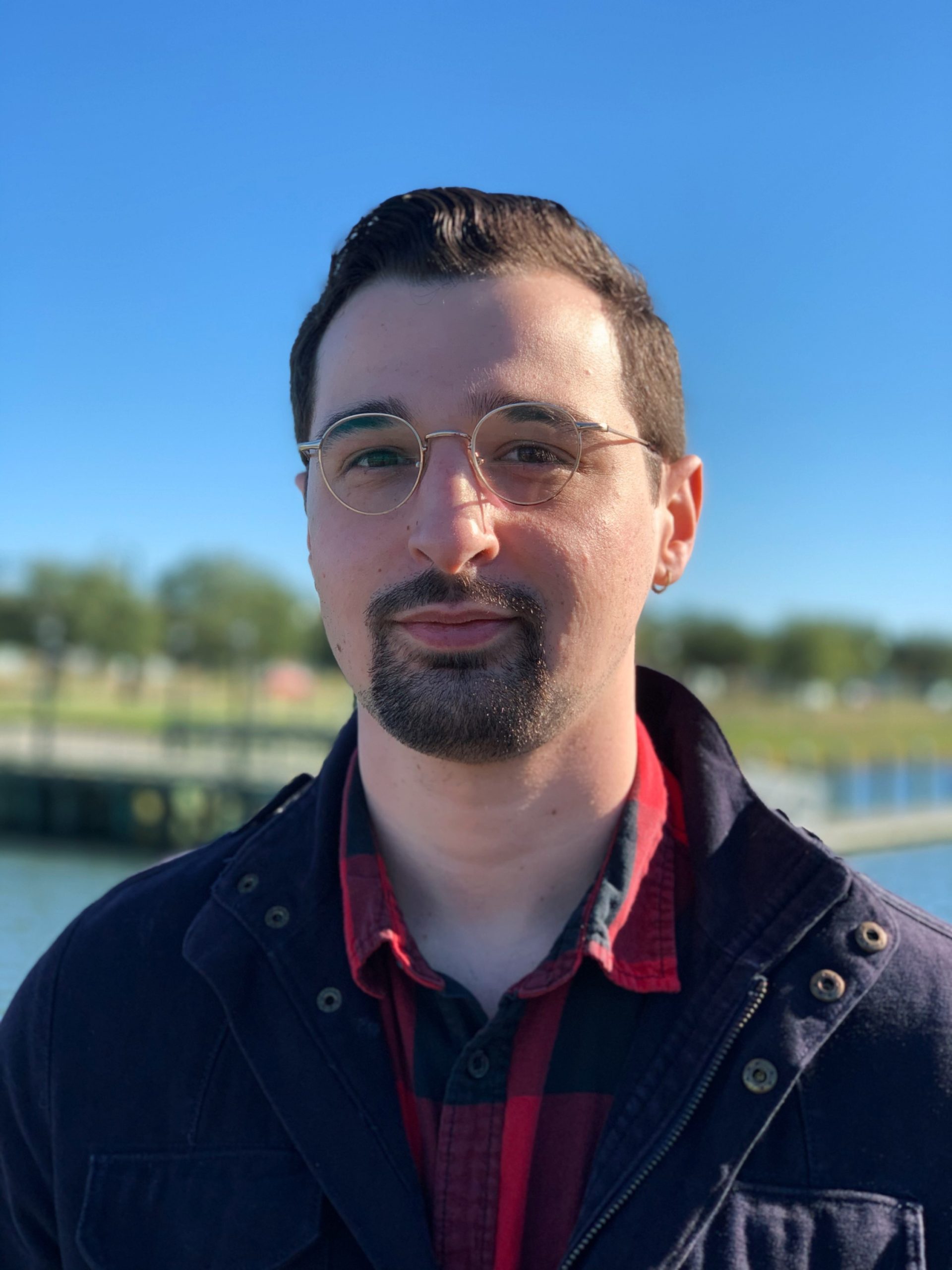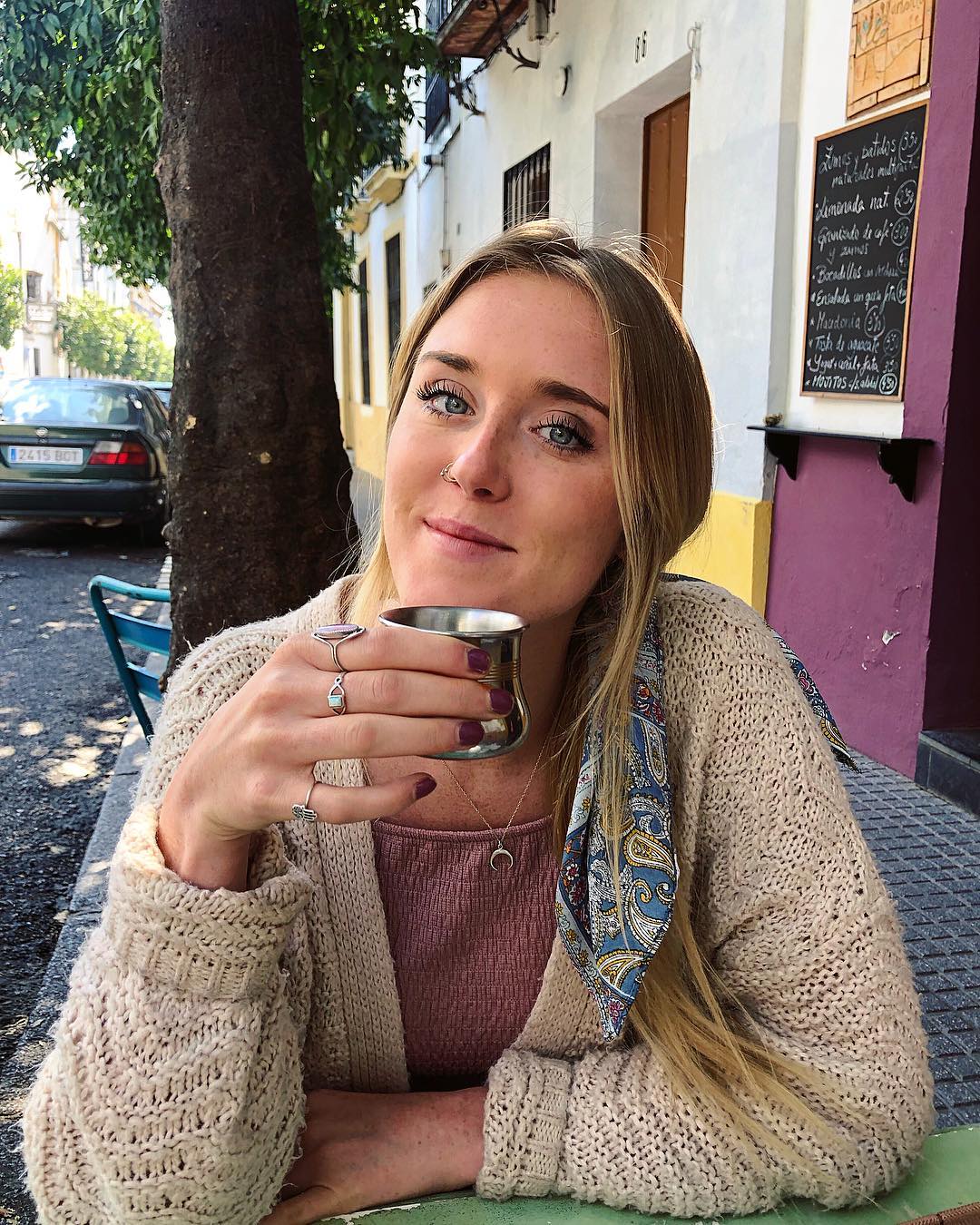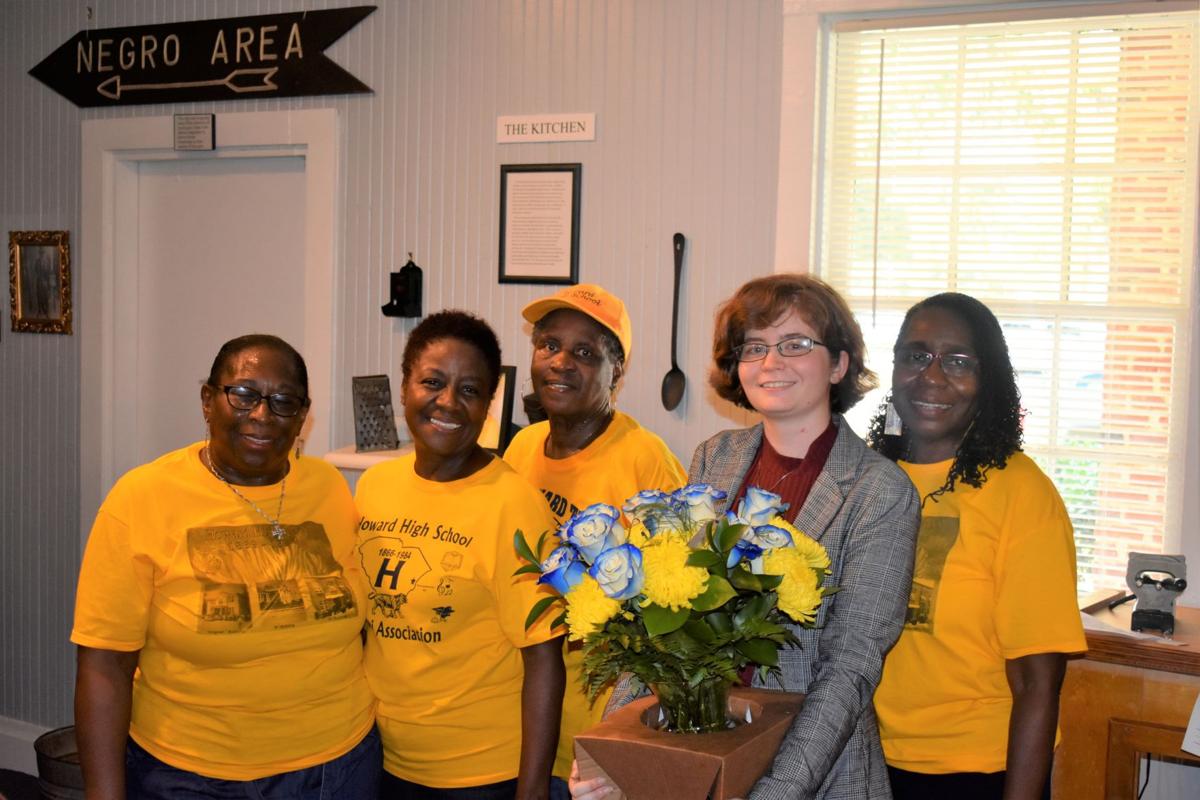Rob Sperduto ‘18, ‘20 is a recent graduate of CCU’s Master of Arts in Writing (MAW) program. He shares his experiences at CCU, how he overcame the challenges of finding a job that fulfills his passion, and future plans.
Not everyone can say they’re living the dream and mean it. But for Rob Sperduto, a recent Master of Arts in Writing (MAW) graduate, his dream job just so happens to be his actual vocation. As editor-in-training for ProGamesGuide (PGG), Sperduto spends his days writing about his passion: video games.
One of the biggest professional hurdles Sperduto had to overcome was learning to believe his passion was a viable career choice. As a student, he kept his dream of being a games journalist to himself, afraid that his goals were impossible. Eventually, though, Sperduto realized that other people were making careers out of his passion.
“Realize that your passions are out there, and you can potentially turn that into a job,” Sperduto advises students.
Sperduto didn’t get to this realization immediately, however. He moved to New York after graduating, and the pandemic hit shortly thereafter, adding a layer of difficulty to his job search. Sperduto mentioned that he was quickly running out of funds after a few months in the city, as there truly was no one hiring in New York during a global pandemic. By November 2020, he’d applied to more than 120 jobs – data available thanks to a spreadsheet he maintained documenting at least 90 of those applications, before he found it “too sad” to keep track of. Of those 120 applications, he heard back from four.
Finally, then, a break: Sperduto landed a part-time job with PGG, a website that specializes in creating and publishing game guides. Sperduto initially worked as a freelancer, writing guides for the site as needed. It wasn’t a full-time job just yet, but it was a start.
“It was a one-in-a-million chance. I was in the right place at the right time,” Sperduto said.
Two weeks into the position, Sperduto was asked if he could cover a relatively popular game, Roblox. He said “Yes,” despite never having touched the game. His supervisors were so impressed by his work that they asked if he would be willing to work full time.
Now, Sperduto is working to become an editor for the site. He spends his days maintaining Roblox coverage, as well as creating general how-to guides, responding to online comments, and editing others’ work.
Although he is a games journalist, Sperduto’s days aren’t spent playing too many video games.
“It’s not glamorous work,” he says, “but I never have a boring day. I’m constantly learning.”
In addition to using his technical writing skills, Sperduto has also been learning more about Photoshop and Google trends and analytics.
Sperduto mentions that CCU prepared him to take on this role, albeit in ways he didn’t originally recognize.
“There are hidden skills,” Sperduto said. “I found so much comfort tracing these skills back to specific class moments at CCU. Some moments don’t expose themselves until long after leaving university.”
Some of these “hidden skills” included time management, organization, and synthesis of research. Many of these skills came from the simple role of being a graduate student, though being in the MAW program proved especially helpful as well. Beyond being present for classes and putting effort in, Sperduto has one piece of advice for students.
“Get writing samples. If you have samples, you’re already 98% ahead of the cut.”
Whether it’s on a personal website, from freelance work, or submitting to journals, Sperduto recommends students establish a portfolio as soon as possible. He also recommends this tip for students in other majors: if it’s possible to create a portfolio, every student should start putting one together.
Sperduto had numerous mentors during his time at CCU. He mentioned that working with Sara Sobota, publications editor of the Edwards College and senior lecturer in the Department of English, was an eye-opening experience in the world of professional writing.
“Working with Sara Sobota… She is the best editor in the world,” said Sperduto.
Sperduto also credited Joshua Cross, lecturer of creative writing in the Department of English, with helping him learn how to speak to an audience. Cross was also instrumental in helping Sperduto develop teaching skills that have now transferred to his job.
Finally, Sperduto recalled how creative writing workshop sessions with both Joe Oestreich, chair and professor, and Jason Ockert, professor of creative writing, both in the Department of English, provided in-text feedback that continues to inform his editing process to this day.
“As an editor, you’re almost like a teacher,” said Sperduto. “You have to understand the writing process to give good feedback.”
For now, Sperduto is content to revel in the stability that having a full-time job brings — that, and the reassurance that his passion continues, both in his work and on side projects.
“Having a job doesn’t mean creative endeavors are over,” said Sperduto. “That was my biggest fear, but that definitely isn’t what happened.”


